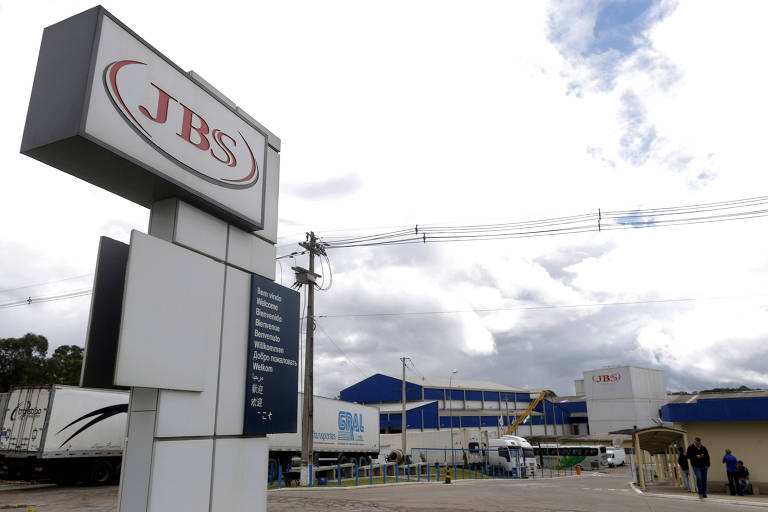The promise to recognize Jerusalem as Israel's capital, following the actions of US president Donald Trump, might become one of the first economic headaches for Jair Bolsonaro (PSL), in case he wins the presidential run and honors his word.
Industry insiders say that many Islamic countries and big meatpacking companies are worried about the possibility of Brazil cutting diplomatic relations with Palestine and change its embassy from Tel Aviv to Jerusalem.
Here's the reason: the huge market for Brazilian beef in Muslim countries. According to Fambras (Brazil's Federation of Muslim Associations), 45% of the poultry and 40% of the beef exported from Brazil today are certified as halal - which means they adhere to Islamic law and can be consumed with no issues.
Embassadors from Islamic countries brought their concerns to the federal government and to Bolsonaro's camp. Business owners are preparing to do the same. They consider a trade retaliation to be inevitable if the candidate follows through with the promise.
Currently, poultry is the seventh most exported item in Brazil. Between January and September, US$ 4.3 billion of the total US$ 180 billion exported by the country came from poultry. Saudi Arabia and the United Arab Emirates are among the three largest buyers - the other one is China, which overtaxes the Brazilian product.
If a boycott really happens, it would be a disaster for the animal protein industry, because the Brazilian meatpacking companies are shaking off recent turbulence.
JBS is still recovering from the political scandal named after the company and BRF had to close plants due to the European Union's moratorium on Brazilian poultry imports, caused by a suspected manipulation of salmonella testing, discovered by the Brazilian Federal Police in 2017.
Translated by NATASHA MADOV
Read the article in the original language
